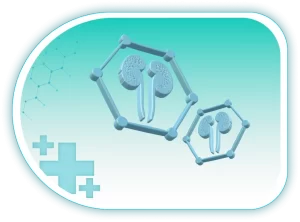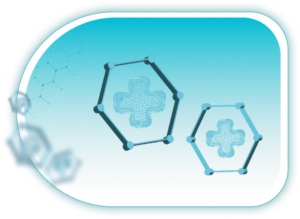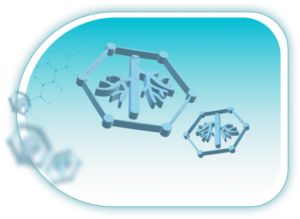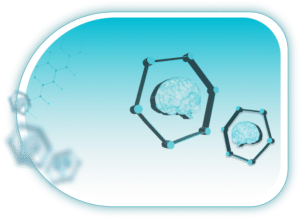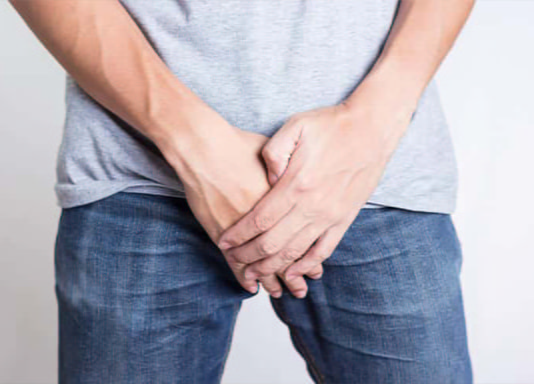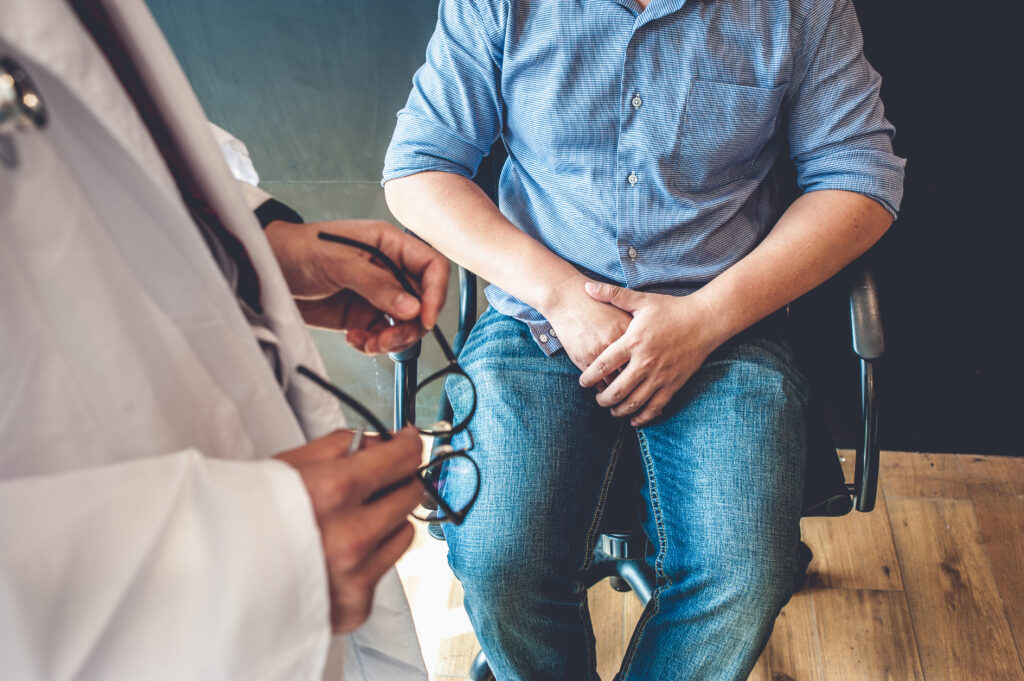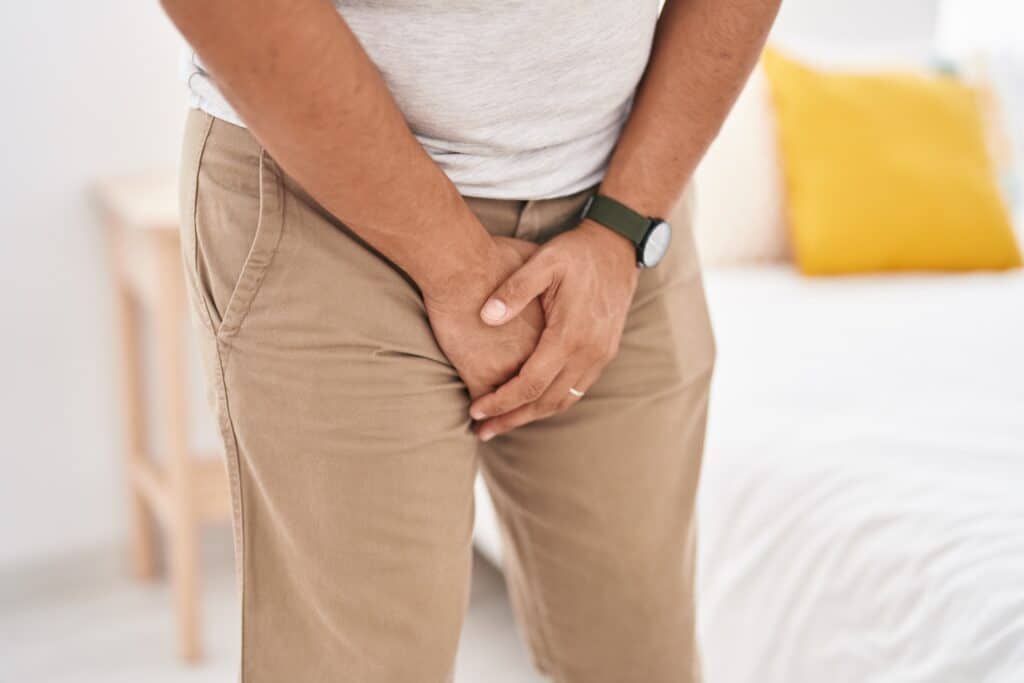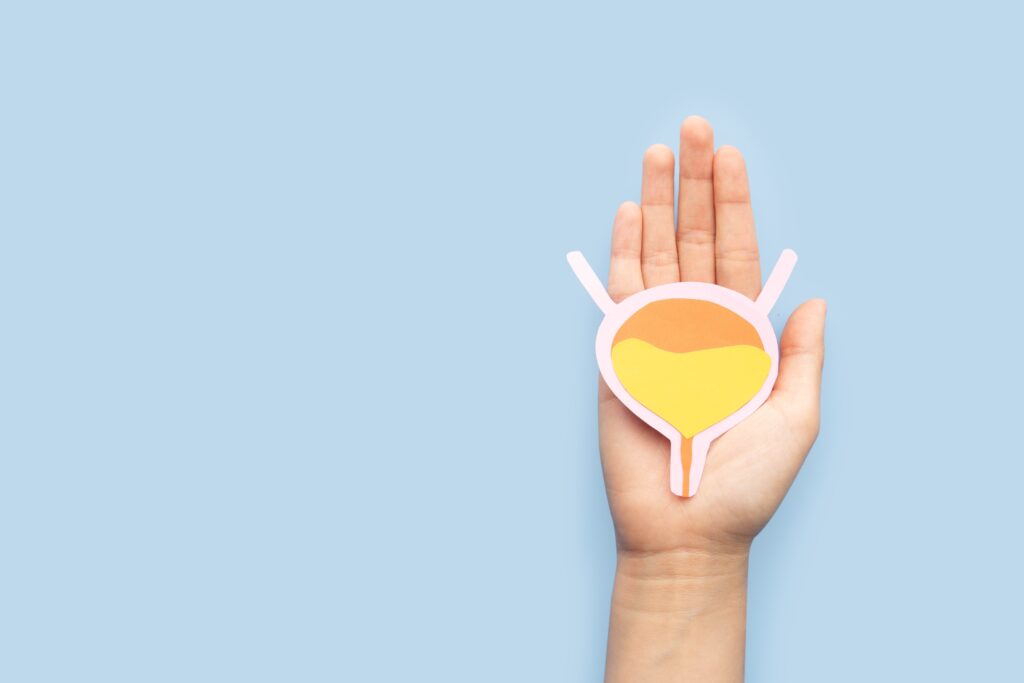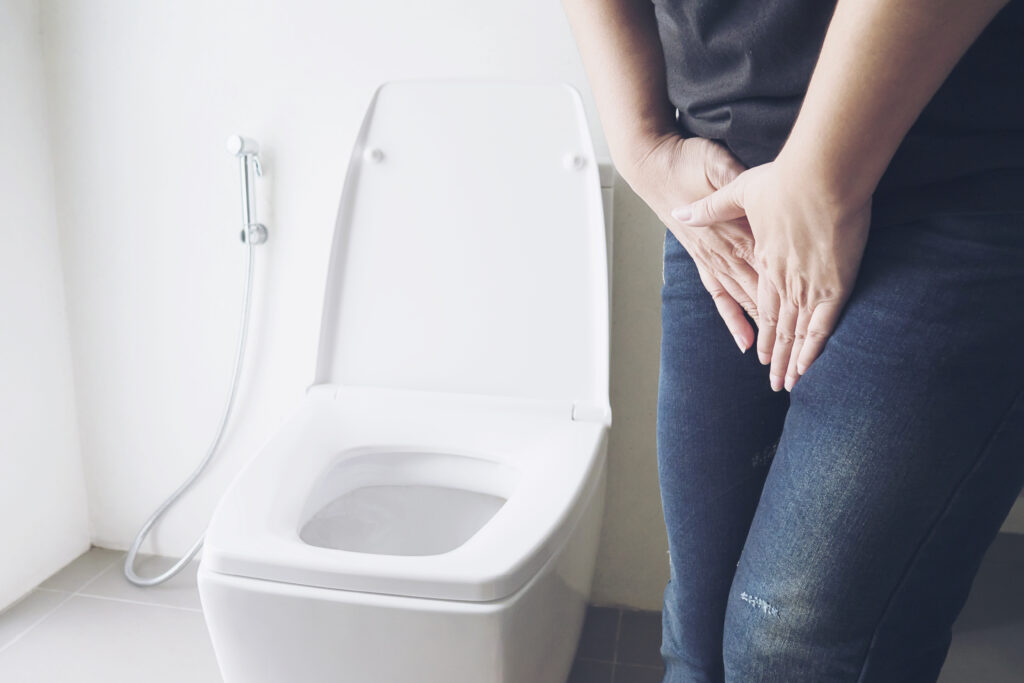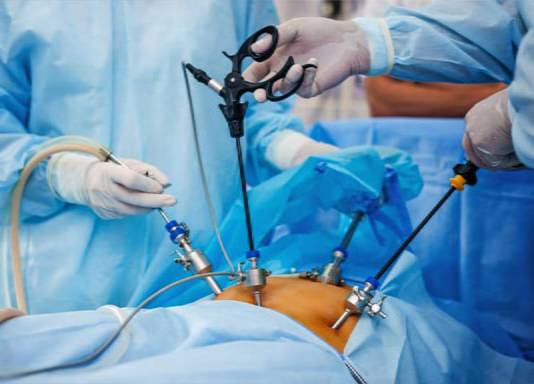You’ve probably had, or heard of, pain that is referred to as a testicular (or scrotal) torsion. Usually, testicular or scrotal pain is not life-threatening.
Unfortunately, there is no way in which to predict or prevent this kind of event. Scrotal or testicular pain is often due to a number of causes, including hernias, injuries, or, more ominous diagnoses, testicular masses or torsion (twisting of the testicle on its own blood supply).
The pain can also radiate into the abdomen or legs. What is it? Testicular torsion is the twisting of one or both testicles, usually on their long axis. It happens when the blood supply to a testicle is cut off, which leads to pain and swelling. If not treated quickly, it can result in loss of the testicle. You can learn more about scrotal pain, testicular pain and torsion in this blog post.
Our urologist will be conducting a careful physical exam that assesses the anatomic elements of the scrotum: the testicles themselves and the structures around them, including the epididymis, which stores and transports sperm; the spermatic cord, a set of structures which bring blood, nerves, and sperm to and from the testicles; and the inguinal areas (the groin) where hernias develop.
A common diagnosis of scrotal pain is known as epididymo-orchitis, or epididymitis. This is an inflammation or infection of the epididymis or testicle. In some people, for reasons poorly understood, a chronic epididymitis can develop. This can be particularly difficult and frustrating to treat, and can result in impairment of social or occupational function.
Often your doctor will also recommend an ultrasound, which will provide a more detailed look at the structures in the scrotum, and the blood flow to them.
Treating scrotal pain depends on the expected diagnosis. There are rarely simple diagnoses, and sometimes many treatments may be tried. The main treatment includes antibiotics if an infection is considered. Anti-inflammatory medications and pain medications are common, and occasionally the treatment course is longer than with other infections or pains. You may find it helpful to have some scrotal support while you walk- this may relieve the pain. For chronic cases, treatments, such as nerve blocks and, more rarely, surgery, may be required. Scrotal pain often does, however slowly, get better over time.

